Science Diversity Leadership Awards
In 2022, CZI launched the Science Diversity Leadership program, supported by the National Academies of Sciences, Engineering, and Medicine, a funding opportunity that aims to recognize and further the leadership of excellent biomedical researchers who — through their outreach, mentoring, teaching, and leadership — have a record of promoting diversity, equity and inclusion in their scientific fields. Read about the grantees below and meet a few of our grantees inspiring the next generation of scientific leaders.

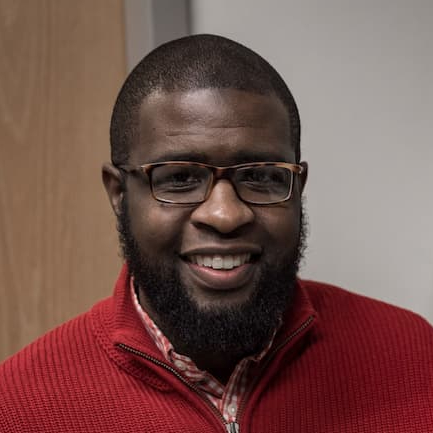
Ishmail Abdus-Saboor, PhD
Assistant Professor, Department of Biological Sciences and the Zuckerman Mind Brain Behavior Institute
Columbia University
Uncovering Peripheral and Central Neural Circuits for Inflammatory Pain
The project aims to increase the fundamental understanding of inflammatory pain by mapping behavior, modifying peripheral genes, and constructing longitudinal brain-wide activity networks.
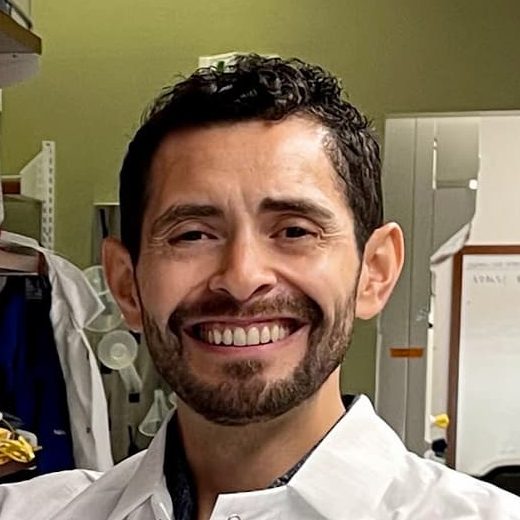
Brian Aguado, PhD
Assistant Professor, Bioengineering
University of California, San Diego
Addressing Sex and Ancestral Disparities in Aortic Valve Stenosis
This project will use advanced biomaterial-based tools to engineer sex-specific and ancestral-specific disease models of aortic valve stenosis and define precision drug treatments for diverse patients.
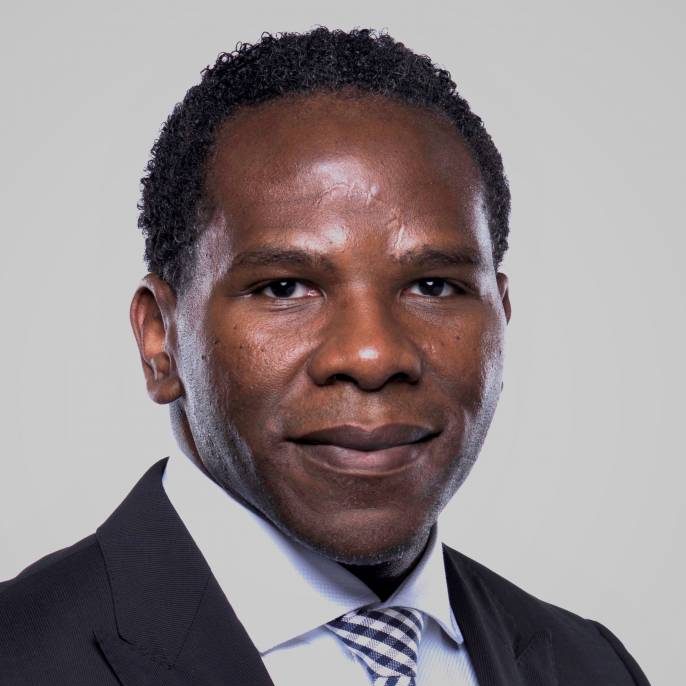
Olujimi Ajijola, MD, PhD
Associate Professor, Medicine-Cardiology and Neuroscience Interdepartmental Program
University of California, Los Angeles
Rethinking the Physician-Scientist Training Paradigm to Enhance Diversity
This project will diversify the physician scientist workforce through mentorship from the Principal Investigator (PI) and engaging stakeholders to develop or expand various entry points into the scientific training pipeline for physicians.
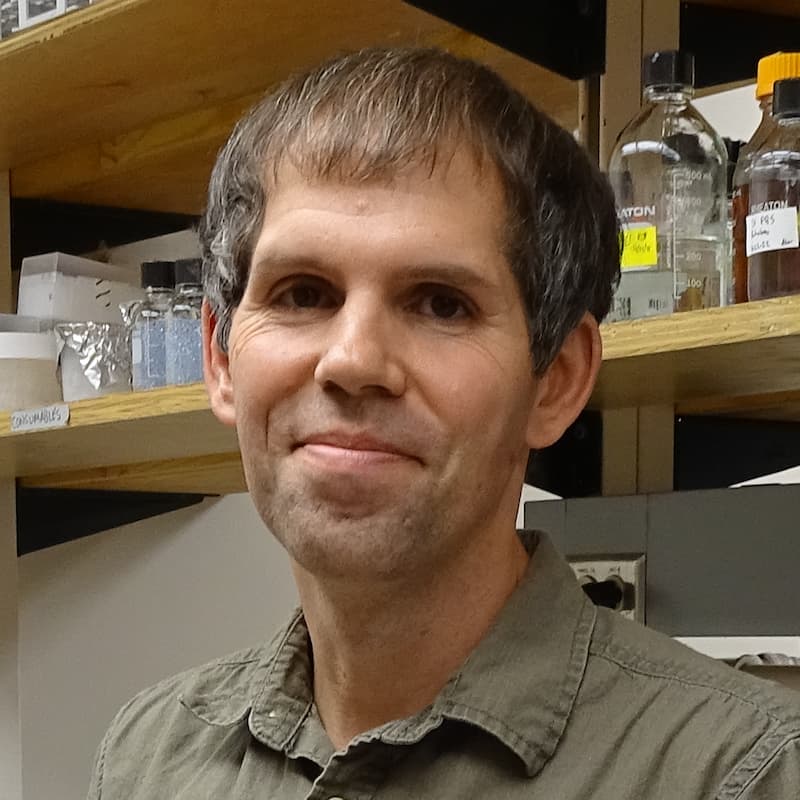
Matthew Anderson, PhD
Assistant Professor, Microbiology
The Ohio State University
Defining the Microbial Eukaryote Contributions to Rheumatoid Arthritis in American Indians
This project will identify microbial eukaryotes associated with elevated rheumatoid arthritis incidence in Northern Plains American Indian communities and test taxa for disease outcomes.
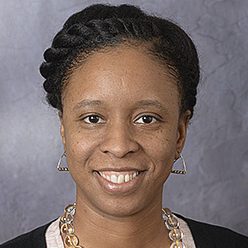
Alissa Armstrong, PhD
Assistant Professor, Biological Sciences
University of South Carolina
Diversifying Future Research Leaders: Studying Inter-organ Communication with Adipose Tissue in Drosophila
This project aims to understand how the adipose tissue communicates nutritional information to stem cell-supported organs using the model organism, Drosophila melanogaster.

Elham Azizi, PhD
Assistant Professor, Biomedical Engineering and Irving Institute for Cancer Dynamics
Columbia University
Computational Modeling of Regulatory Mechanisms in the Spatial Breast Tumor Microenvironment
This project aims to develop novel machine learning tools to dissect underlying dysregulated mechanisms in the triple-negative breast tumor microenvironment through integrating spatial multi-omics data.

Muyinatu Bell, PhD
Assistant Professor, Electrical and Computer Engineering
Johns Hopkins University
Handheld Photoacoustic Biopsy with Molecular Sensitivity to Breast Cancer
This project will develop a combined ultrasound and photoacoustic imaging biopsy approach that will provide structural, anatomical, and molecular sensitivity to detect the presence of breast cancer.

Kizzmekia Corbett, PhD
Assistant Professor, Immunology and Infectious Diseases
Harvard T.H. Chan School of Public Health
The Antigenic Landscape of Endemic Coronaviruses and the Outreach Landscape of Health Inequities
This project will investigate the antigenic landscape of endemic human coronaviruses and bridge our science to communities through strategic communications and outreach.

Steven Damo, PhD
Chair, Assistant Professor, Life and Physical Sciences
Fisk University
Structure-Function Studies of Metal Efflux in Group B Strep
This project aims to characterize the molecular mechanisms of the zinc efflux protein CadD from S. agalactiae, a pathogen that is the leading cause of adverse pregnancy outcomes.

Lawrence David, PhD
Associate Professor, Molecular Genetics & Microbiology
Duke University
Sharing Open Source Software for Biomarker-Based Analysis of Diet
This project will distribute open source bioinformatic tools and resources for analyzing biomarkers of food intake, which in turn can be used to study the etiology and management of autoimmune, metabolic, and cardiovascular diseases.

Chantell Evans, PhD
Assistant Professor, Cell Biology
Duke University
Investigating the Role of Mitochondrial Dysfunction in Neurodegenerative Diseases
This project aims to mechanistically characterize the dynamics of neuronal mitophagy to provide insight into the pathophysiology of neurodegenerative diseases.

Natalia Gomez-Ospina, MD, PhD
Assistant Professor, Pediatrics
Stanford University
Targeting Macrophage/Microglia Niches with Engineered Stem Cells to Treat Disease
This project aims to develop novel conditioning tools that support the safe, efficient, and rapid repopulation of macrophage/microglia niches by bone marrow-derived cells and use them to treat metabolic diseases.

Roy Hamilton, MD
Associate Professor, Neurology
University of Pennsylvania
Stimulating Brain Networks for Language and Building Networks in the Black Community to Fight Aphasia
This project will use network neuroscience tools to find targets for the treatment of post-stroke aphasia through transcranial magnetic stimulation and enhance research diversity by engaging the local Black community.

Antentor Hinton, Jr., PhD
Assistant Professor, Molecular Physiology and Biophysics
Vanderbilt University
Increasing STEM Participation of Underrepresented Minorities by Utilizing Focused Ion Beam-Scanning Electron Microscopy to Look at Organelle-Organelle Contacts in Human Tissue Across Ethnicities
This project will leverage 3D microscopy to observe and delineate structural changes in mitochondria-organelle contacts in human tissue across ethnicities.

Sharonda LeBlanc, PhD
Assistant Professor, Physics
North Carolina State University
Time-resolved Molecular Mechanisms of Ribosome Assembly
This project will develop a molecular framework for connecting faulty ribosome assembly with diseases and cancer risk using time-resolved fluorescence spectroscopy while broadening participation in STEM.

Monkol Lek, PhD
Assistant Professor, Genetics
Yale University
Improving the Genetic Diagnosis of Rare Disease Patients of Non-European Ancestry
This project will develop methods and approaches for improving the interpretation of rare variants that will benefit diverse ancestries with a focus on patients from minority groups.

Kathryn Milligan-McClellan, PhD
Assistant Professor, Molecular and Cell Biology
University of Connecticut
Identifying Life Events that Lead to Inflammation in the Host in a Multi-population, Longitudinal Study
This project will engage Alaska Native and historically excluded students in science to investigate why the microbiota, which affects inflammation in the host, is different over time and across populations.

Cassie Mitchell, PhD
Assistant Professor, Biomedical Engineering
Georgia Institute of Technology
Data Science to Demystify Diversity, Disability, and Disparity in Biomedical Research
This project will develop novel, large-scale biomedical data integration and machine learning methods to identify diverse features that explain and improve health disparities.

Sonya Neal, PhD
Assistant Professor, Cell and Developmental Biology
University of California, San Diego
Discovery of Small Molecule Modulators Against the Rhomboid Superfamily
This project seeks to develop a chemical biology platform for the generation of small molecule tools aimed at modulating rhomboid protein function, which are implicated in numerous diseases.
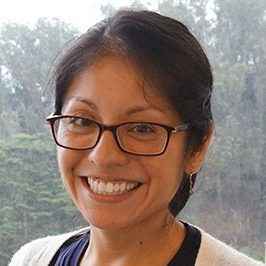
Mercedes Paredes, MD, PhD
Associate Professor, Neurology
University of California, San Francisco
Evolution of Neural Stem Cells in the Human Hippocampal Neurogenic Niche in Development and Disease
This project explores how neural stem cells of the hippocampus develop, age, and contribute to cognitive change and epilepsy. Trainees from underrepresented backgrounds will learn basic neuroscience that has translational implications.

Steve Ramirez, PhD
Assistant Professor, Psychological and Brain Sciences
Boston University
Neuroscience for All: Mapping and Manipulating Neural Memory Circuits in Mice
This project aims to transform the biomedical sciences by identifying and artificially manipulating memories therapeutically in animal models. This work will be led by the next generation of students from underrepresented backgrounds.
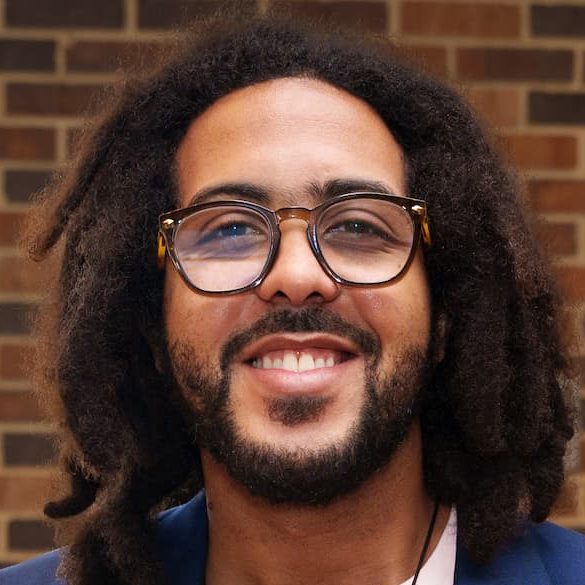
Gustavo Silva, PhD
Assistant Professor, Biology
Duke University
Deciphering the Functional Ubiquitinome in Health and Disease
This project aims to understand how unique ubiquitin signals are dynamically integrated to determine neuronal proteostasis and physiology.

Aaron Streets, PhD
Associate Professor
University of California, Berkeley
Precision Measurement of the Epigenome and Diversifying Leadership in Bioengineering
This project aims to develop tools for precision measurement of the human epigenome, and also to diversify bioengineering through mentoring interventions at the bachelor’s through postdoctoral level.

Christina Towers, PhD
Assistant Professor, Molecular and Cell Biology
Salk Institute for Biological Studies
Deciphering Mechanisms of Resistance in Cancer while Training the Next Generation of Diverse Scientists
This project will determine how cells respond to metabolic blockade, and also will include summer programs for trainees from underrepresented backgrounds.
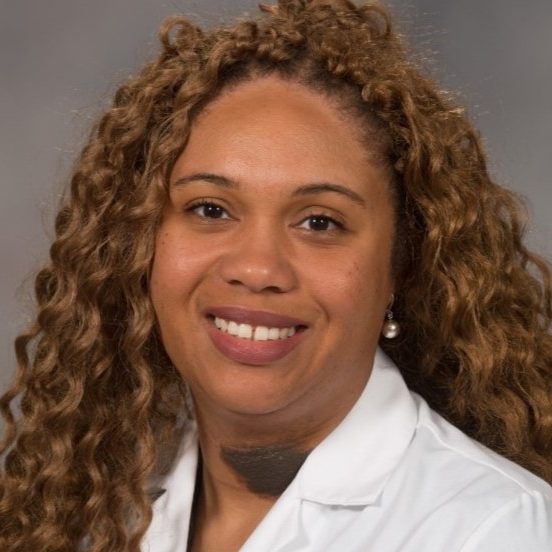
Kedra Wallace, PhD
Associate Professor, Pharmacology & Toxicology; Obstetrics & Gynecology
University of Mississippi Medical Center
Evaluation of Neurovascular Function and Hypertension Across a Selected Lifespan
This project will determine long-term effect of uremic toxins on cognition in women with renal injury. Trainees historically underrepresented in science will be brought in to work within all projects.



